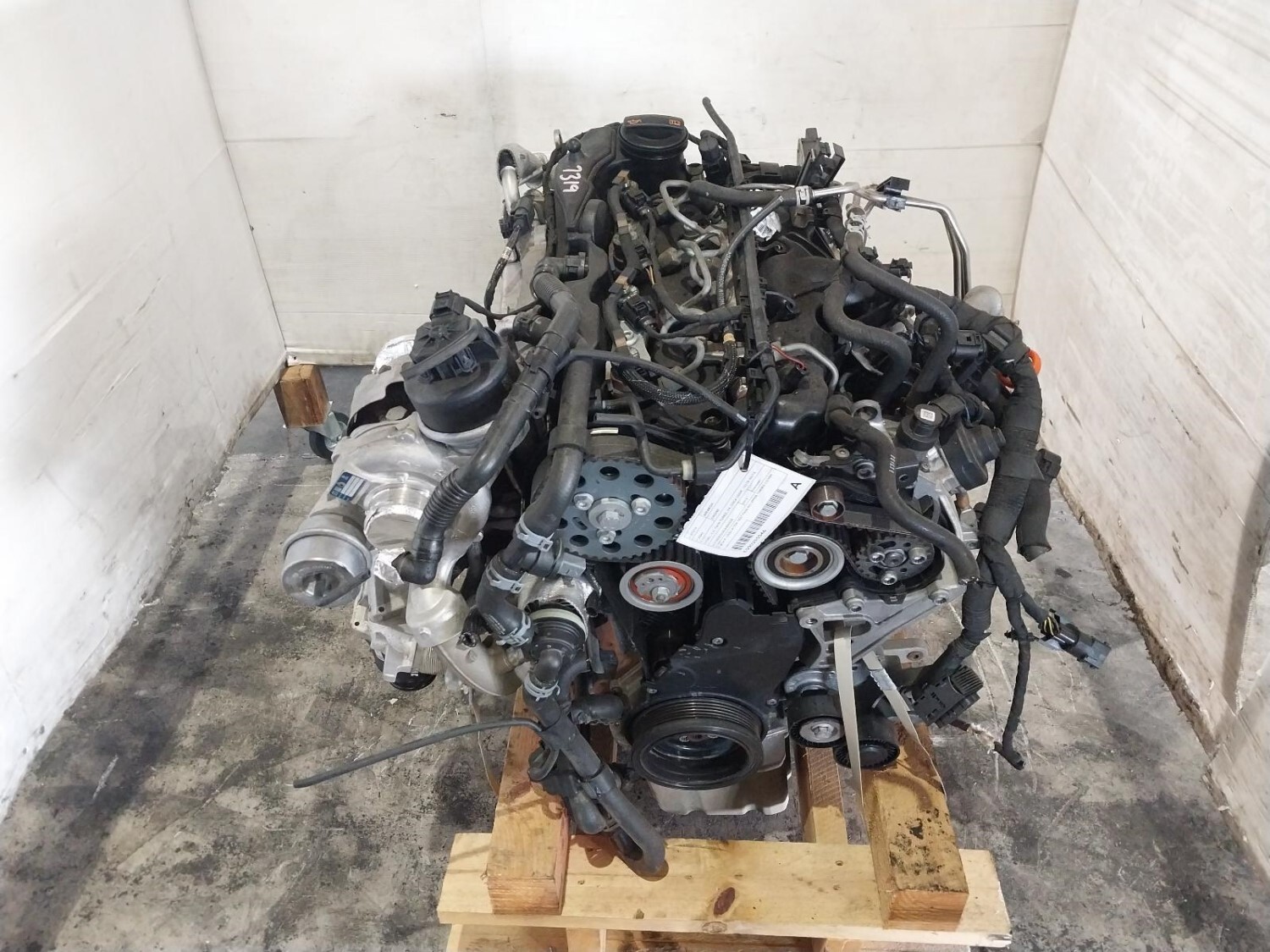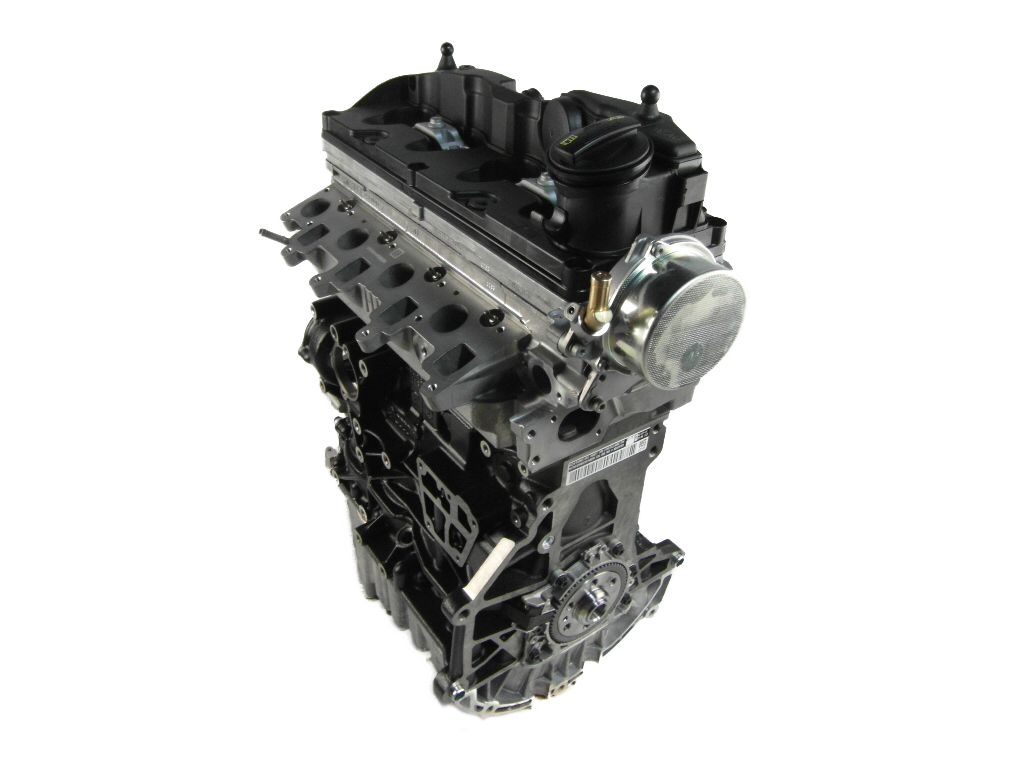Essential Factors To Consider and Tips for Selecting the Right Engine for Your Requirements
Selecting the ideal engine is a complex decision that requires mindful factor to consider of different elements to guarantee optimal efficiency for your particular needs. The details of engine option prolong beyond these essentials, triggering a better examination of essential aspects that can ultimately influence your fulfillment and success.
Determine Your Purpose
Determining your objective is an important very first step in choosing the right engine for your requirements. Understanding the certain application you have in mind will certainly assist your decision-making process and make sure that you select an engine that straightens with your operational needs. Whether you need an engine for an industrial vehicle, commercial equipment, or a recreational task, each scenario demands various performance attributes and capabilities.
Think about the setting in which the engine will run. Will it go through heavy loads, extreme temperature levels, or long term usage? Evaluating these variables will help you identify the needed power result, fuel efficiency, and durability needed to satisfy your purposes.
Furthermore, consider the long-term implications of your choice. Budget constraints, maintenance requirements, and availability of parts are crucial considerations that will influence your overall fulfillment and functional efficiency.
Ultimately, articulating your purpose will streamline the option procedure and encourage you to make an educated choice. By clearly specifying your purposes, you can review possible engines better and choose one that not just fulfills your existing demands yet likewise supports your future objectives.
Evaluate Engine Specs
Once you have clearly articulated your objective, the following step is to evaluate engine requirements. This procedure entails an extensive assessment of various technological details that can considerably impact efficiency and viability for your intended usage.
Begin by examining the engine's horsepower and torque rankings. Horsepower is essential for determining the engine's capacity to perform job, while torque is necessary for comprehending how well it can take care of heavy loads or velocity. Additionally, take into consideration the engine variation, as it commonly correlates with power output and performance.
Following, analyze the engine typeâEUR" whether it is a gasoline, diesel, or different gas engineâEUR" as each kind has unique features and applications. Pay attention to the engine's configuration (e.g., inline, V-type), as this can influence size, weight, and general performance.
An additional important facet is the engine's cooling system, which can affect integrity and upkeep demands. Evaluate the maker's reputation and guarantee offerings, as these can provide insights right into long-term performance and assistance. Completely assessing these requirements will assist guarantee that you pick an engine that aligns with your details requirements and functional goals.
Think About Gas Efficiency
Fuel effectiveness is a crucial variable to take into consideration when choosing an engine, as it straight influences operational prices and ecological sustainability. An engine's fuel performance is typically determined in miles per gallon (MPG) for lorries or in particular gas usage (SFC) for aircraft and marine engines. Higher fuel effectiveness not just lowers the quantity of gas consumed but likewise lessens greenhouse gas discharges, making it an accountable option for eco-conscious consumers.
When examining engine choices, it is necessary to assess the driving conditions and meant use. Engines optimized for highway driving might display much better fuel efficiency contrasted to those created for stop-and-go website traffic. In addition, consider the engine's innovation, such as turbocharging or hybrid systems, which can substantially enhance fuel performance.

Assess Upkeep Requirements

Start by visit site examining the producer's advised maintenance periods and treatments. Some engines may need more frequent oil adjustments, filter replacements, or specialized servicing, which can influence your operational downtime. Furthermore, take into consideration the availability of components and the convenience of obtaining them. Engines with extensive popularity typically have better components schedule, decreasing preparations throughout repairs.
Another vital facet is the technical proficiency required for maintenance. Some engines may require customized training for technicians, which might restrict your alternatives for service suppliers. In addition, assess whether the engine's design allows for simple access to elements commonly requiring upkeep, as this can considerably influence labor prices.
Budget Your Investment
Understanding upkeep needs is simply one element of choosing the appropriate engine; economic factors to consider play a similarly essential role (amarok engine for sale). Developing a clear spending plan is vital, as it influences not only the initial acquisition cost however additionally long-term functional prices
When budgeting, think about both the upfront prices and recurring costs such as fuel performance, maintenance, and possible fixings. A relatively economical engine might sustain higher expenses in time due to inadequate fuel economy or regular maintenance demands. Furthermore, evaluate the availability and price of spare components, in addition to the warranties used by manufacturers, which can give financial defense against unpredicted costs.
It is likewise smart browse around here to consider prospective financing choices or renting arrangements, which can alleviate prompt financial worries. Balance your need for advanced functions with your browse around this site spending plan constraints, making sure that you purchase an engine that meets your performance requires without compromising financial stability.
Inevitably, an all-around spending plan will equip you to make enlightened decisions, aligning your engine choice with both your functional needs and financial capabilities, leading to an extra lasting financial investment in the future.

Conclusion
In verdict, selecting the proper engine necessitates a thorough understanding of particular demands and applications. Mindful examination of engine specifications, fuel performance, and upkeep needs is crucial for notified decision-making.
Fuel performance is an essential factor to consider when choosing an engine, as it straight impacts functional costs and ecological sustainability. An engine's gas efficiency is usually gauged in miles per gallon (MPG) for automobiles or in particular gas usage (SFC) for aircraft and aquatic engines. Diesel engines normally offer far better fuel efficiency than fuel engines. Ultimately, picking an engine with a strong emphasis on gas effectiveness can lead to substantial lasting cost savings and add positively to ecological efforts. Mindful examination of engine specifications, gas efficiency, and maintenance demands is necessary for informed decision-making.